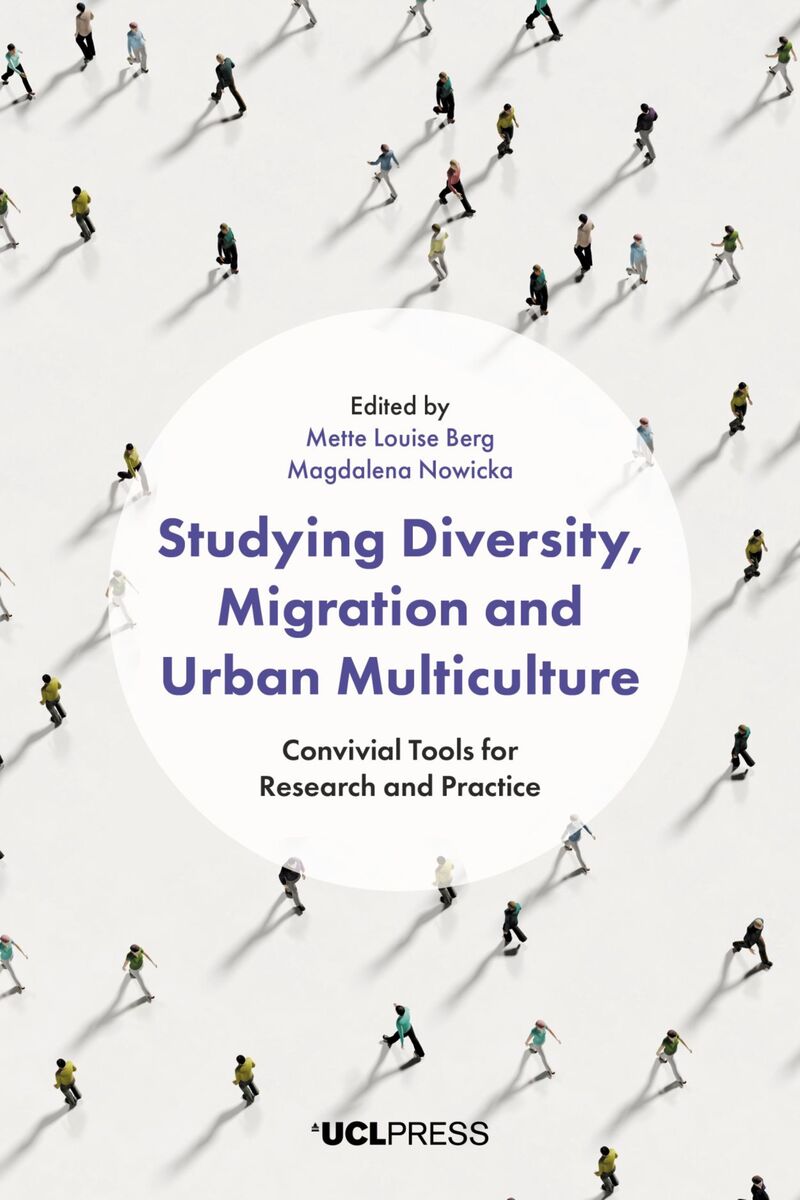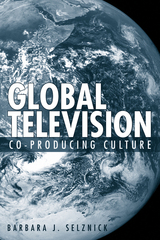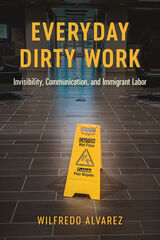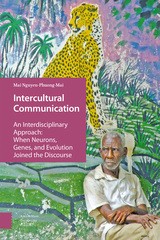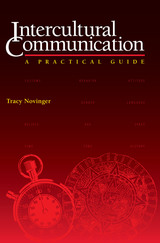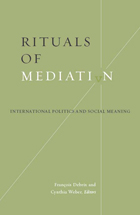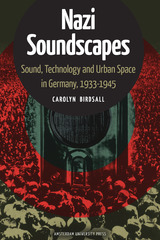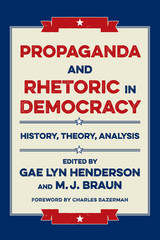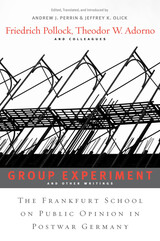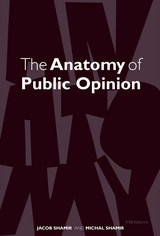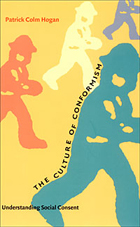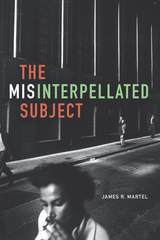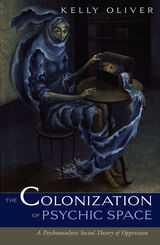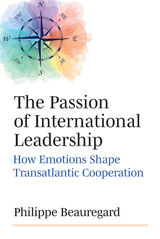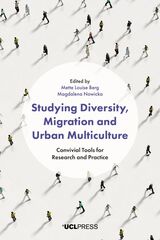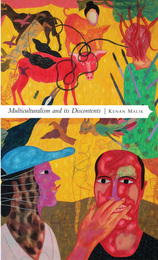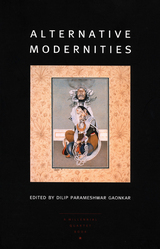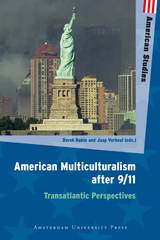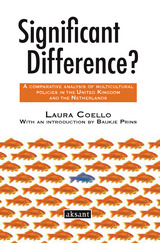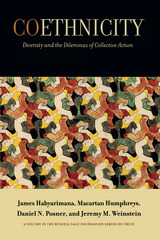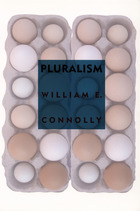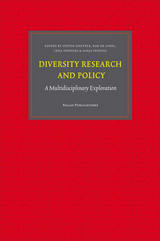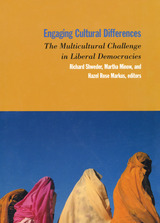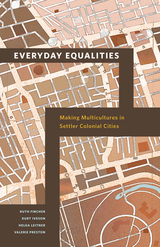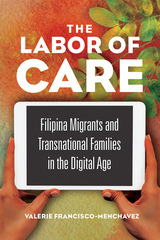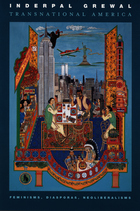Studying Diversity, Migration and Urban Multiculture: Convivial Tools for Research and Practice
University College London, 2019
Cloth: 978-1-78735-480-7 | Paper: 978-1-78735-479-1
Library of Congress Classification HM1271
See other books on: Cities and towns | Cultural pluralism | Human Geography | Migration | Nowicka, Magdalena
See other titles from University College London
Cloth: 978-1-78735-480-7 | Paper: 978-1-78735-479-1
Library of Congress Classification HM1271
ABOUT THIS BOOK | AUTHOR BIOGRAPHY | REVIEWS | TOC
ABOUT THIS BOOK
Antimigrant populism is on the rise across Europe, and diversity and multiculturalism are increasingly presented as threats to social cohesion. Yet diversity is also a mundane social reality in urban neighborhoods. With this in mind, Studying Diversity, Migration and Urban Multiculture explores how we can live together with difference. What is needed for conviviality to emerge and what role can research play? This volume demonstrates how collaboration among scholars, civil society and practitioners can help to answer these questions.
Drawing on a range of innovative and participatory methods, each chapter examines conviviality in different cities across the United Kingdom. The contributors ask how the research process itself can be made more convivial and show how power relations between researchers, those researched, and research users can be reconfigured—in the process producing much needed new knowledge and understanding about urban diversity, multiculturalism and conviviality. Examples include embroidery workshops with diverse faith communities, arts work with child language brokers in schools, and life story and walking methods with refugees. Studying Diversity, Migration and Urban Multiculture is interdisciplinary in scope and includes contributions from sociologists, anthropologists, and social psychologists, as well as chapters by practitioners and activists. It provides fresh perspectives on methodological debates in qualitative social research, and will be of interest to scholars, students, practitioners, activists, and policymakers who work on migration, urban diversity, conviviality and conflict, and integration and cohesion.
Drawing on a range of innovative and participatory methods, each chapter examines conviviality in different cities across the United Kingdom. The contributors ask how the research process itself can be made more convivial and show how power relations between researchers, those researched, and research users can be reconfigured—in the process producing much needed new knowledge and understanding about urban diversity, multiculturalism and conviviality. Examples include embroidery workshops with diverse faith communities, arts work with child language brokers in schools, and life story and walking methods with refugees. Studying Diversity, Migration and Urban Multiculture is interdisciplinary in scope and includes contributions from sociologists, anthropologists, and social psychologists, as well as chapters by practitioners and activists. It provides fresh perspectives on methodological debates in qualitative social research, and will be of interest to scholars, students, practitioners, activists, and policymakers who work on migration, urban diversity, conviviality and conflict, and integration and cohesion.
See other books on: Cities and towns | Cultural pluralism | Human Geography | Migration | Nowicka, Magdalena
See other titles from University College London
